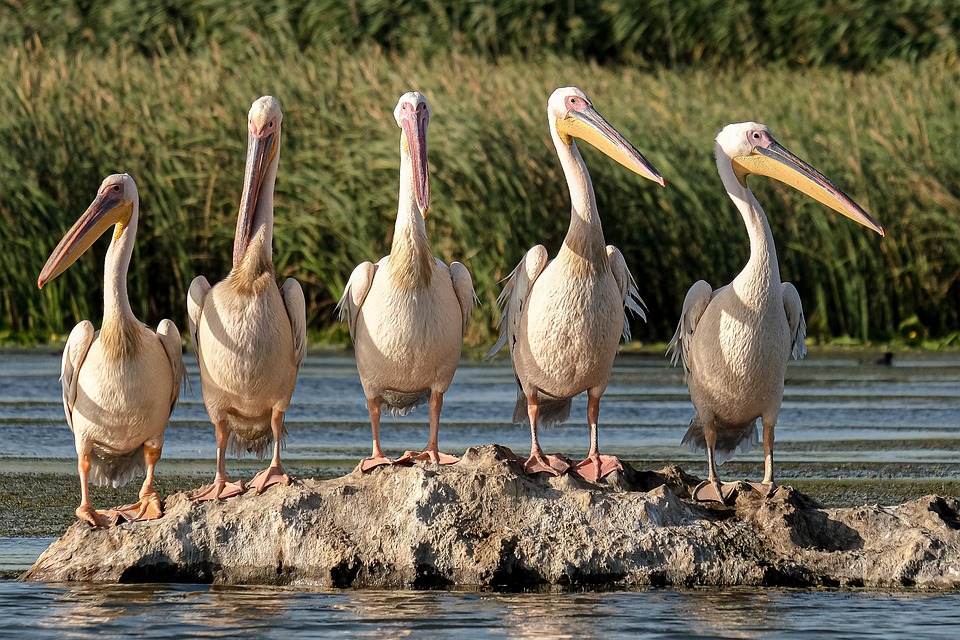Navigating Career Roadmaps for Conservators: A Comprehensive Guide to Success in Conservation
In the realm of conservation, where the past meets the present, crafting a thriving career can often feel akin to piecing together a delicate jigsaw puzzle. The journey is multifaceted, with pathways winding through academia, practical experience, and professional development. Here, we delve into the nuances of navigating this intricate landscape, offering insights that illuminate the way for aspiring and established conservators alike.
1. The Foundation: Education and Training
Embarking on a career in conservation typically requires a solid educational foundation. Most conservators possess at least a Bachelor’s degree in a relevant field, such as art history, archaeology, or chemistry. However, postgraduate qualifications, especially those focusing on conservation, are becoming increasingly essential. Institutions across the UK and beyond offer Master’s programmes that blend theoretical knowledge with hands-on practice, ensuring graduates are well-versed in the latest techniques and ethical considerations.
A pivotal aspect of education lies in practical training. Internships and apprenticeships provide invaluable real-world experience, allowing budding conservators to hone their skills under the guidance of seasoned professionals. Engaging in volunteer work at museums or galleries can also be an excellent way to build a network and gain insight into the daily workings of conservation.
2. The Skillset: Beyond the Basics
While an impressive educational background lays the groundwork, the skillset required for a successful career in conservation extends far beyond technical prowess. Conservators must be adept problem solvers, equipped with keen observational skills and a meticulous attention to detail. The ability to communicate effectively—both in writing and verbally—can set a candidate apart, especially when it comes to articulating complex concepts to non-specialists.
Digital literacy is becoming increasingly vital in this field. Familiarity with various software applications, from imaging and documentation tools to database management systems, is essential for modern conservators. Furthermore, understanding the science behind materials and their degradation processes is crucial, as it informs decisions regarding preservation methods.
3. Professional Development: Lifelong Learning
The conservation landscape is ever-evolving, driven by advances in technology and shifts in cultural attitudes towards preservation. Thus, a commitment to lifelong learning is indispensable. Attending workshops, conferences, and seminars allows conservators to stay abreast of the latest methodologies and innovations. Joining professional organisations, such as the Institute of Conservation (ICON) in the UK, not only offers access to resources but also fosters a sense of community among peers.
Networking plays a vital role in career advancement. Establishing connections with fellow conservators, curators, and researchers can open doors to collaboration and job opportunities. Engaging in online forums and social media groups dedicated to conservation can further enhance visibility and professional relationships.
4. Navigating Career Paths: Diverse Opportunities
The career trajectories within conservation are as diverse as the artefacts themselves. Conservators may choose to specialise in various sectors, from textiles to paintings, archaeological artifacts to historic buildings. Each path presents unique challenges and rewards, and understanding one’s own interests and strengths is crucial in making informed decisions.
Some conservators may find fulfilment in academic roles, contributing to research and teaching the next generation of professionals. Others might prefer the dynamic environment of a museum, where they can work directly with collections and the public. Freelancing offers another avenue, allowing for flexibility and a varied portfolio of projects, albeit with its own set of challenges, such as inconsistent income and the need for self-marketing.
Forging a Path Forward
Embarking on a career in conservation is undoubtedly a journey filled with complexities and challenges, yet the rewards of preserving cultural heritage are immeasurable. By investing in education, cultivating a diverse skillset, committing to ongoing professional development, and exploring various career paths, aspiring conservators can navigate their roadmaps with confidence and clarity.
For those seeking to refine their professional image, remember that resources are available. CVPortal continues to provide a wealth of high-quality CV references, ensuring you present yourself in the best light possible as you pursue your passion for conservation.


